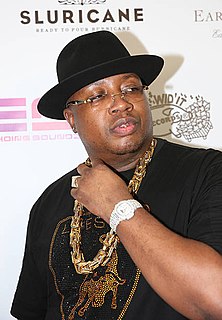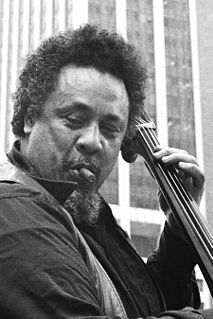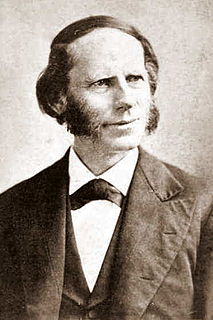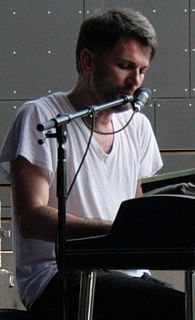A Quote by Augusten Burroughs
Other people sound flat to my ear; their words just hang in the air. But when my mother says something, the ends curl.
Related Quotes
I love the sound of words, the feel of them, the flow of them. I love the challenge of finding just that perfect combination of words to describe a curl of the lip, a tilt of the chin, a change in the atmosphere. Done well, novel-writing can combine lyricism with practicality in a way that makes one think of grand tapestries, both functional and beautiful. Fifty years from now, I imagine I’ll still be questing after just that right combination of words.
That sound in tune to you?.. Sounds sharp to me. Sounds like I'm playing sharp all the time. My singing teacher told us you should do that. Maybe I got it from her. She said singers when they grow old have a tendency to go flat. So if you sing sharp as a young person, as you get older and go flat, you'll be in tune. In other words, it's never thought good to be flat. It means you can't get to the tone.
You've got to bring the emotion, and you have to understand that you can't touch other people if you're not touched. You can't move other people if you're not moved. So if you're just giving some frickin talk you've memorized over and over again, you're going to have a flat affect. If you've just got a bunch of visuals on the screen that are leading your talk, hang up your shoes and get the hell out of there.
Often, some people dress something up to make it sound scientific, use scientific words, call themselves doctor something-or-other, and then you look them up, and they're trying to make it sound like something it's not. There's this entire field that's adding the word 'quantum' to everything. It doesn't even make sense in that context.
Clichés are static, the emotion behind them long spent. If you are tempted to use them, here is a saying of my mother’s: Fang pi bu-cho, cho pi bu-fang. Basically that translates to: "Loud farts don’t stink, and the really smelly ones don’t make a sound." In other words: When you’re full of beans, you just blow a lot of hot air. If you want to have a real impact, be deadly but silent. Oh, also recognize the difference between a bad cliché and a good quotation. My mother’s saying is a good quotation. You should use it often.
When I go to the cinema, I want to have a cinematic experience. Some people ignore the sound and you end up seeing something you might see on television and it doesn't explore the form. Sound is the other picture. When you show people a rough cut without the sound mix they are often really surprised. Sound creates a completely new world. With dialogue, people say a lot of things they don't mean. I like dialogue when it's used in a way when the body language says the complete opposite. But I love great dialogue I think expositional dialogue is quite crass and not like real life.
Can't stay long, Mother," he said. "I'm up front, the prefects have got two compartments to themselves-" "Oh, are you a prefect, Percy?" said one of the twins, with an air of great surprise. "You should have said something, we had no idea." "Hang on, I think I remember him saying something about it," said the other twin. "Once-" "Or twice-" "A minute-" "All summer-" "Oh, shut up," said Percy the Prefect.
Take not into your ear that scum of hell that people call tittle-tattle. Whosoever willingly listens to a slander is equally guilty with the one who tells it, and an old writer says they ought both to be hanged; the one by the tongue and the other by the ear. Do not smile upon such a spaniel, lest like a pleased dog, he puts his dirty paw upon you.
She [my mother] said that if I listened to her, later I would know what she knew: where true words came from, always from up high, above everything else. And if I didn't listen to her, she said my ear would bend too easily to other people, all saying words that had no lasting meaning, because they came from the bottom of their hearts, where their own desires lived, a place where I could not belong.
I don't want to sound creepy, but I remember when I couldn't really talk. I was looking at the television and my mother just moved one of the curtains, so the sun started to hit the television, and I couldn't see the television anymore. I started crying. I wasn't able to find the words to say, "I can't see this anymore, please do something about it." I remember crying and not knowing exactly how to express myself; not because it was painful, or that I was too upset, but because there were no words. As human beings, sometimes we just cry when we don't know how to say something.





































